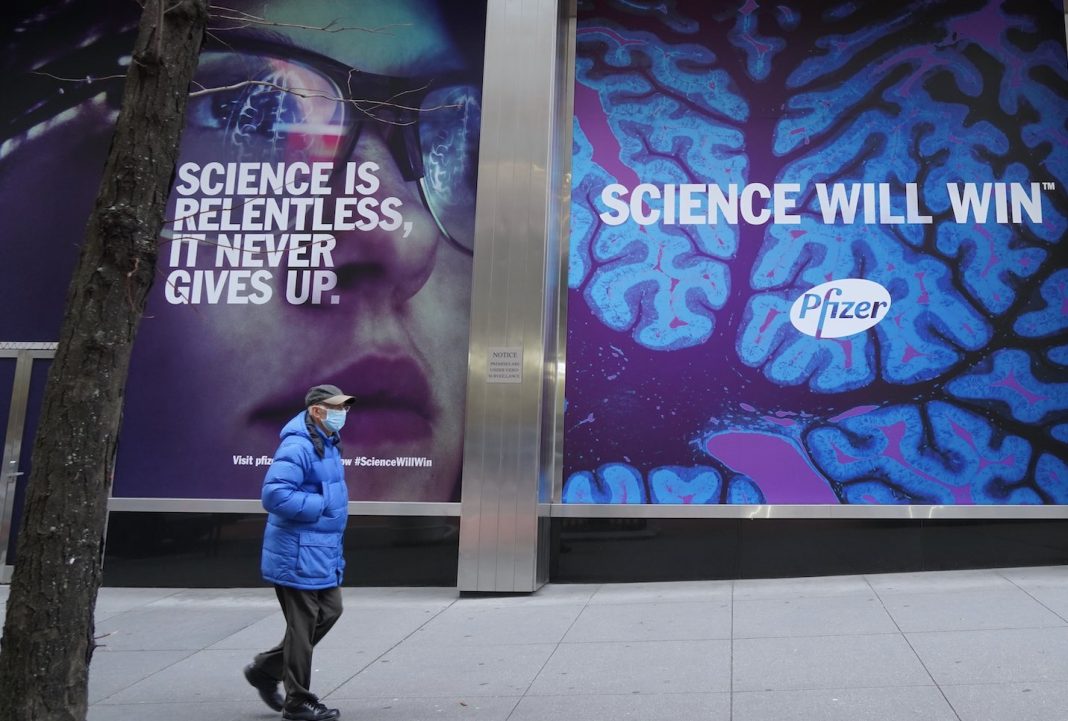By Janet Ekstract
DAVOS (GOLDENHORN AGENCY)- CEO of Serum Institute in India and Chairman of Magma Fincor, Adar Poonawalla whose company is the largest manufacturer of vaccines by volume, has relayed a timely message through an opinion letter on CNN, to the World Economic Forum (WEF) 2022, that lack of equity in the distribution of vaccines on a global scale still remains a huge issue. Poonawalla’s message is that developing vaccines and treatments that can prevent transmission of disease not just hospitalization and deaths, could go a long way in controlling COVID-19. He said there needs to be “multilateral cooperation” from countries “to provide equitable access to vaccines and therapeutics to all.”
Poonawalla said “there is no other option” but adopting what he calls a Global Pandemic Treaty “aimed at building a common regulatory framework” that he said will allow “knowledge sharing, provide resources and logistical support and maintain a transparent approval system of vaccine certificates.” An example of what Poonawalla is referring to is the 11 billion does of COVID-19 vaccines produced in 2021 that were not distributed equitably. He further stated that there must be reliable systems in place to prevent a future pandemic. His suggestion includes countries continuing to invest in their own healthcare systems and pharmaceutical manufacturing while creating detailed and seamless systems for detecting emerging diseases.
Most crucial, Poonawalla explained, is that “we still need political will and multilateral cooperation between countries to bring about a coordinated global response to any pathogen. Referring to his proposal for a global treaty, Poonawalla described four major areas to cover. The first would include a free flow of raw materials and vaccines to be exported and shared by major producing countries of essential drugs and medicines where each country agrees to export at least 25 percent of what it produces for itself. The second would be sharing intellectual property (IP) in breakthrough technologies which Poonawalla said “on a commercial basis rewards the innovator to scale up manufacturing in different parts of the world during a global pandemic.” He said that could apply to diagnostics, treatments and vaccines. Partnerships between manufacturers and vaccine makers would be extremely advantageous. Poonawalla explained, in reducing the time it takes for vaccines to get to those who need them. The third area is a global agreement on regulatory standards that would include clinical trials and manufacturing standards, agreed on in advance with “oversight headed by a multilateral organization such as the World Health Organization.” He said this allows more manufacturers to be able to produce treatments and vaccines that follow good manufacturing practices and standards at a quicker pace. It also helps combat “misinformation about different treatments and vaccines, which fueled vaccine hesitancy and preferences for different vaccines over others,” he stated. Finally, the fourth area would include a universal travel vaccine certificate arranged through a digital platform. Poonawalla said this would “eliminate any questions about authenticity and acceptance, especially for travelers in the event of future lockdowns.”




